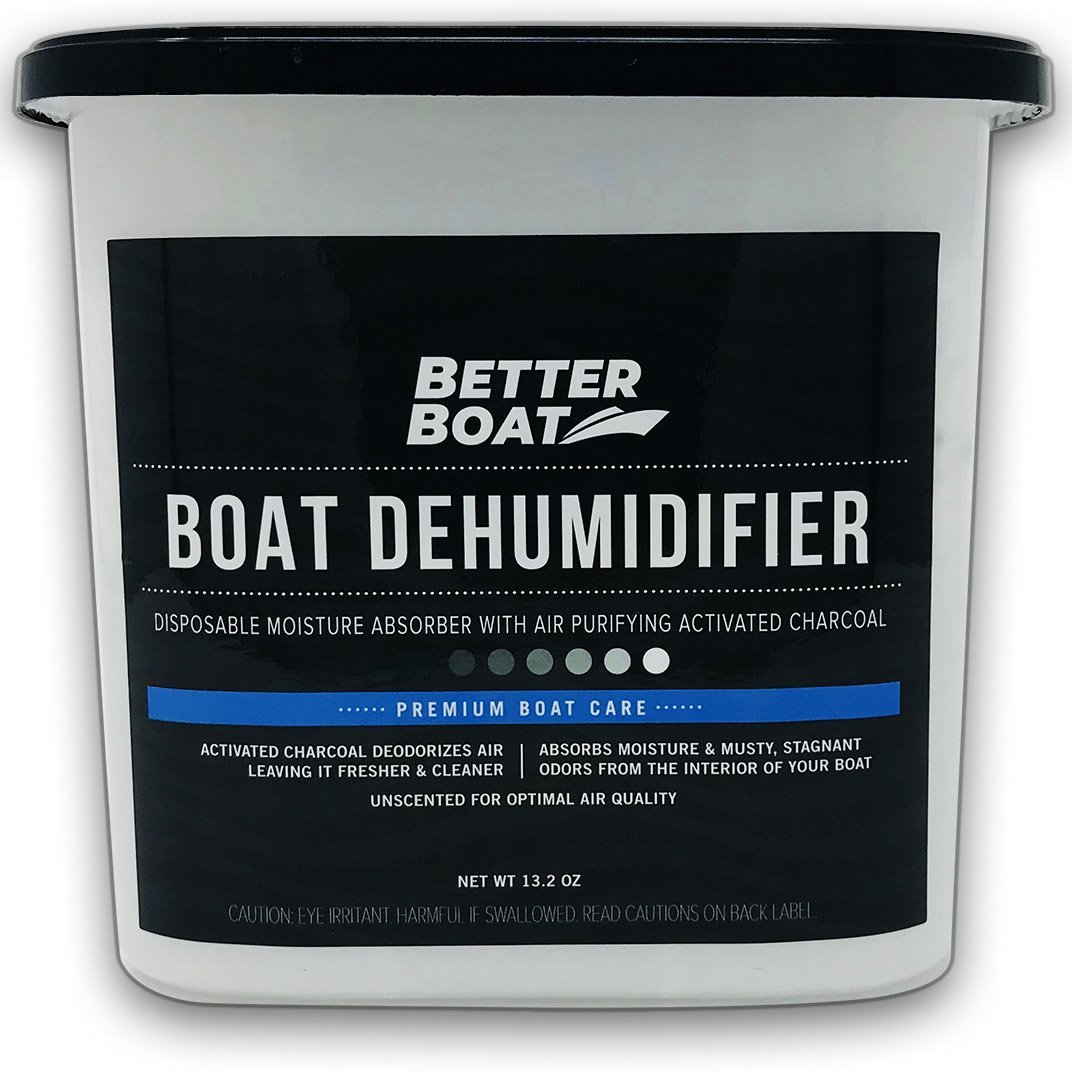Pescaphile
Steelhead
4 years isn't too long. I have two banks each using two 6v GC2s in series and am going on eight years with little signs of degradation. I've spent up to a month on my boat away from power and have no problems.@Pescaphile
I have a 15' Escape trailer and am running a pair of 6v interstate golf cart batteries. I have a 30 amp post in my trailer camping spot and leave it plugged in all the time. Is this a good way to preserve the batteries, or should I run it on battery occasionally while it is parked. I have heard that the life span of these batteries is about 4 years, does this sound about right? Thank you ! and would like any additional tips on keeping them going. I was lame once and got to boondocking spot with dead batteries. Appreciate the tips.
Keep them watered and avoid deep discharges and they'll last well over four years. Deep discharges and continual operation at partial state of charge (not fully recharging between discharge cycles) will greatly reduce the lifespan of the battery.
Keeping your trailer plugged into AC power won't affect your batteries unless you're using the AC to power a charger. If you do use a charger, make sure it's a model which will cycle your batteries through bulk and absorption phases and then float your batteries, typically somewhere around 13.6-13.8 volts for lead acid types. Overcharging will also reduce battery life and some older chargers simply keep the battery voltage up at the absorption voltage (typically 14.4v or greater) and can cook your batteries (and produce potentially hazardous off gassing!) if you don't turn it off after the batteries are fully charged.
Some people leave their chargers on continuously keeping their batteries at the float voltage. My charger does that but I just don't like leaving AC power on while I'm away. Since adding the solar, I've hardly used my conventional charger at all.
Different battery manufactures will have slightly different recommendations for their batteries for absorption and float voltages. I called Interstate and spoke with one of their engineers and got their recommended values and then programmed my solar charge controller and conventional AC charger to match what they recommend. The default values for lead acid batteries in those devices are probably close enough but since I have the ability to easily modify them I figured it was worthwhile.















